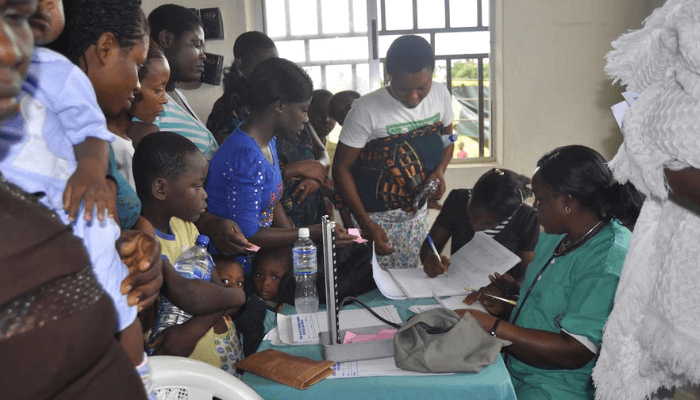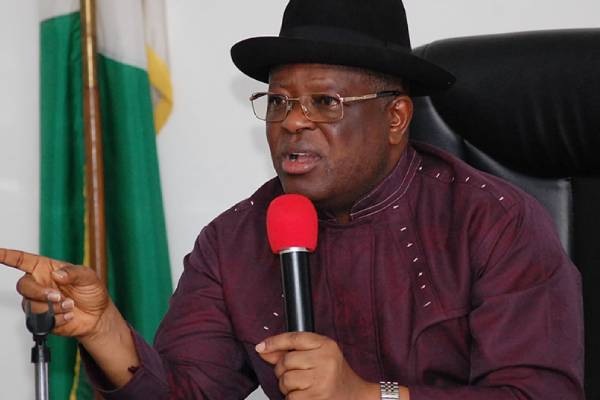Civil society organizations in the fight to push for better health care reforms, are urging for a shift in taking ownership of health outcomes.This formed part of discussions at the seventh edition quarterly national meeting on strengthening health care systems and architectures in Nigeria through collaboration at all levels.
Current statistics show that Nigeria has more than thirty three thousand general hospitals, more than twenty thousand primary health care centres as well as about fifty nine teaching hospitals and federal medical centres
All are health care institutions rendering services across the country. But even with all these structures in place Nigeria still accounts for an alarming rate of poor health indices and outcomes.
This gathering brought together by the civil society in malaria control, immunization and nutrition wants better approaches through funding, political will, ownership and partnership to improve the health system and reduce deaths from malaria for mainly women and children.
These partners also highlight some key factors that could help change the tide while taking advantage of this political campaign season.
Strengthening the health system can be achieved when everyone puts in the extra effort including the media, civil society and communities to raise the advocacy on health system reforms.





